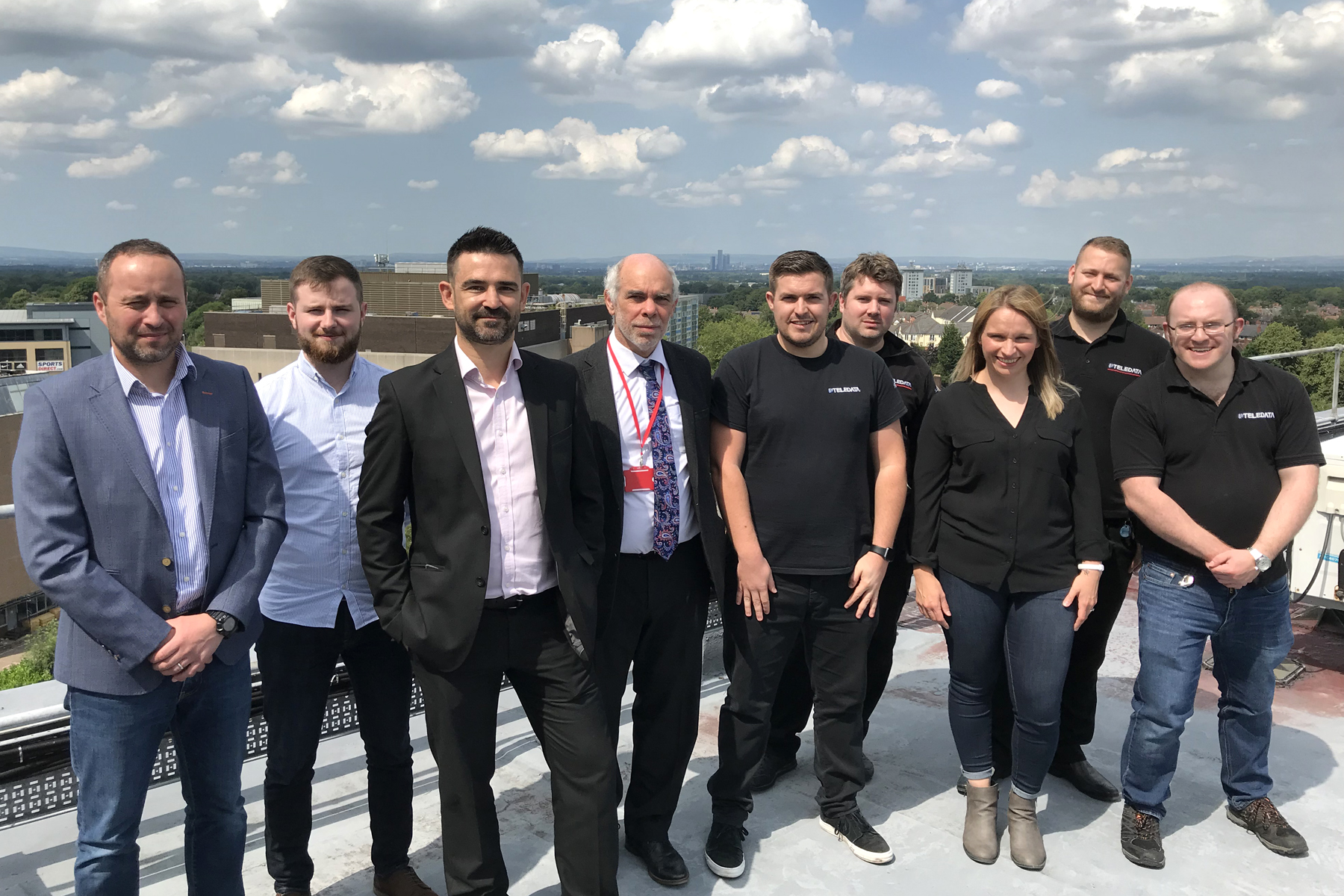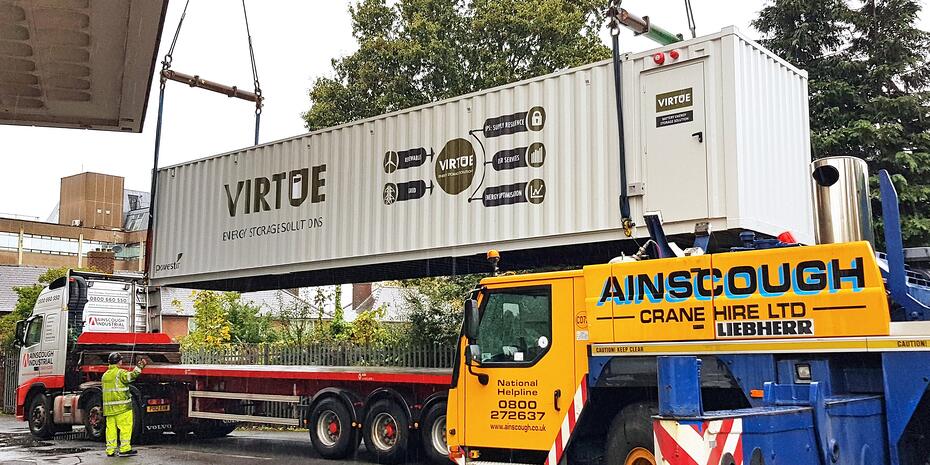This GFT blog from David Tuppen (Head of Data, Analytics and AI, GFT) is a preview of our recent thought leadership paper ‘Data Virtualisation: The added benefits when building a democratised data architecture’.
A democratised architecture is an architectural design in the modern data platform that shifts from traditional centralised data management systems to a decentralised model. It addresses the challenges of large, centralised data platforms like data warehouses or lakes, which are often too rigid to meet the diverse needs of various organisational business units and the need to unify a distributed data landscape. Data mesh tackles the shortcomings of centralisation by enabling multiple data domains, each managed by different business units, to function autonomously yet harmoniously within the same organisation.
This decentralised approach treats data as a product, focusing on data’s ease of access, discoverability and usability. By doing so, data mesh facilitates a flexible, on-demand data provisioning solution, governed by domain with multi-level security. Data mesh architecture, especially when supported by data virtualisation technologies like Denodo, allows organisations to curate domain-specific data and ensure it is consumable across the enterprise, thus fostering a more democratic, efficient and responsive data environment.
Treating data as a product means conceptualising and managing data with the same rigour and care as traditional products in the business. This approach ensures that data is packaged, delivered and maintained to meet the needs of data consumers effectively.
Systems of consumption – The role of data virtualisation:
Data virtualisation is important in a data mesh architecture because it aligns with the core principles of data mesh by providing:
- Decentralisation: It supports the data mesh’s inherent distributed design, allowing each domain or business unit to manage its own data product whilst still making it accessible to the entire organisation.
- Domain-oriented data ownership and architecture: Data virtualisation enables domain-specific semantic layers, making data more understandable and consumable by its users.
- Self-serve data infrastructure as a platform: It provides a self-service model for data access, enabling end users to retrieve and manage data without central gatekeeping.
- Governance and interoperability: Data virtualisation allows for centralised governance and security protocols across various data domains without impeding their autonomy.
By facilitating these principles, data virtualisation helps in creating a flexible, scalable and responsive data mesh, which in turn allows organisations to leverage their data more effectively and efficiently.
Enter Denodo
Denodo has yet again been named a leader in Gartner’s Magic Quadrant for data integration tools for four consecutive years. Their data virtualisation platform plays a pivotal role in enabling a data mesh architecture. It does this by providing an abstraction and virtualisation layer over 150+ data sources, allowing users to access and manage data without needing to know the data product’s location, and reducing integration time by up to 60%.
Key features of Denodo which support a data mesh include:
- Centralised metadata management: Denodo centralises metadata, which enables efficient access and management of data across multiple domains and significantly reduces data replication.
- Governance: It supports robust data governance, allowing organisations to enforce policies and maintain quality and security standards across all data domains.
- Security protocols: Denodo ensures secure data access with comprehensive security measures that protect data both in transit and at rest.
- Semantic models: Denodo’s capability to create semantic models above individual data sources allows domain specific structuring of data, facilitating better understanding and usage without altering the underlying data.
- Agility: Denodo’s platform is a no-code platform which provides significant ROI with respect to data engineering and management functions. However, the key to Denodo’s agility is the ability to reuse persisted data assets, therefore providing a very agile development lifecycle capability and significantly improving time to market.
Download our ‘Data Virtualisation: The added benefits when building a democratised data architecture’ thought leadership paper now.









